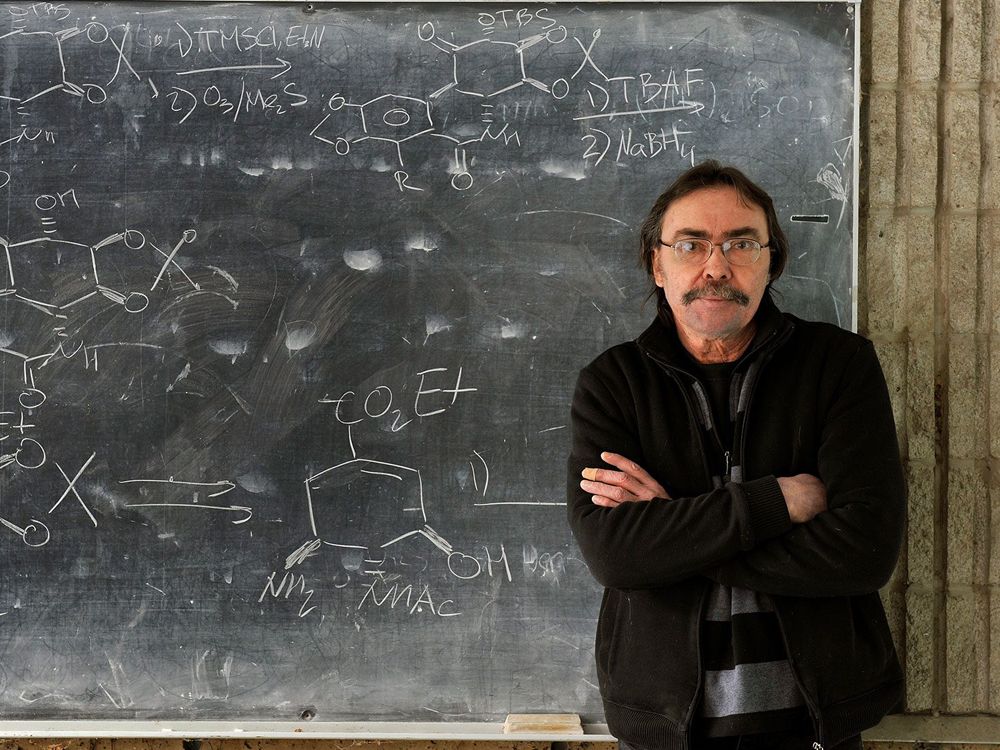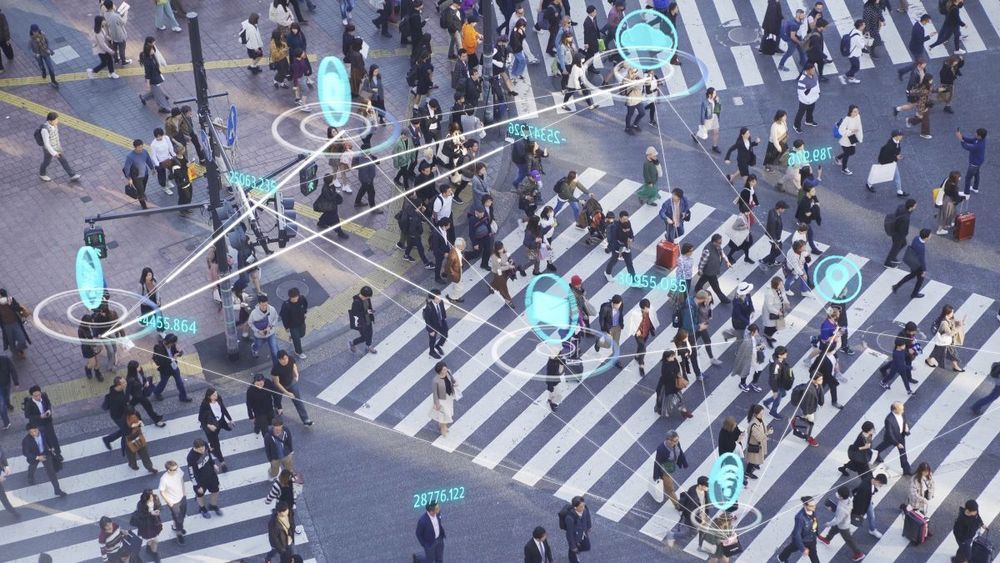A pioneer in Emotion AI, Rana el Kaliouby, Ph.D., is on a mission to humanize technology before it dehumanizes us.
At LiveWorx 2020, Rana joined us to share insights from years of research and collaboration with MIT’s Advanced Vehicle Technology group.
Part demo and part presentation, Rana breaks down the facial patterns that cameras can pick up from a tired or rested driver, and observations from the first ever large-scale study looking at driver behavior over time.
Learn how these inferences can be used to change the driving experience ➡️ https://archive.liveworx.com/sessions/artificial-emotional-i…it-matters
Today’s devices work hand-in-hand with humans –at work, home, school and play. Dr. Rana el Kaliouby believes they can do much more. An expert in artificial emotional intelligence, or “Emotion AI,” Dr. el Kaliouby explores the valuable applications of humanized technology in media and advertising, gaming, automotive, robotics, health, education and more. She explains how machine learning works, explores the potential for the development of emotion chips, and addresses the ethics and privacy issues of Emotion AI. In her talks, Dr. el Kaliouby gives participants an inside look at the world’s largest emotion data repositoryresults from her research studying more than 5 million faces around the world, and reveals that the emoji mindset may soon be a thing of the past.








